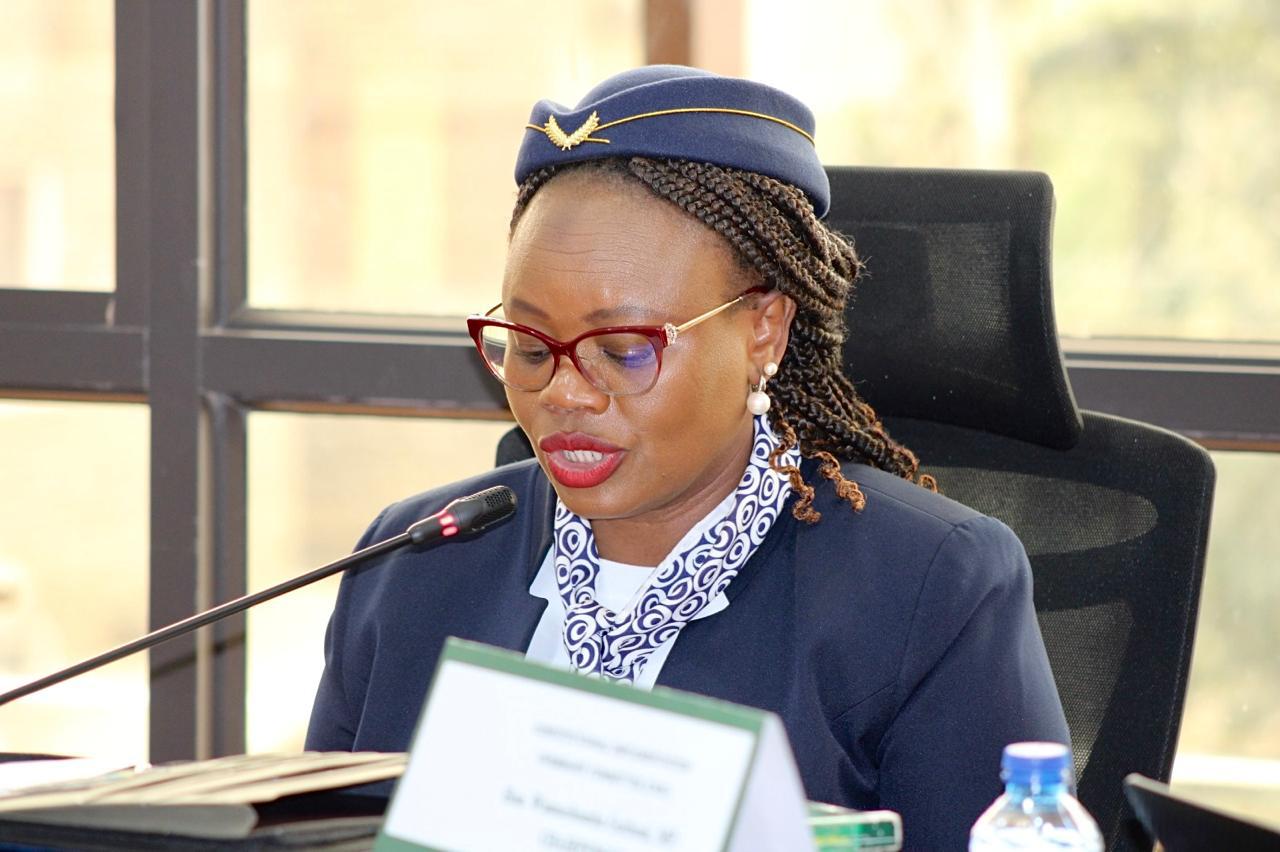The Independent Policing Oversight Authority (IPOA) found itself under heavy fire in a heated session at the National Assembly as it faced the Constitutional Implementation Oversight Committee (CIOC) to address concerns about its effectiveness in overseeing the National Police Service.
The session, chaired by Gathoni Wamuchomba, brought to light deep-rooted frustrations among legislators regarding the state of policing in Kenya, with IPOA’s ability to safeguard public rights coming under severe scrutiny.
Key issues raised during the session included allegations of police payroll infiltration by unscrupulous companies, difficulties in harmonizing the Administration Police with the Kenya Police Service, and the alarming increase in public attacks on police officers.
However, the most pressing concerns revolved around the lack of accountability for the excessive use of force during peaceful protests, unlawful raids on homes by hooded officers, and the abduction of citizens.
“We have 61 deaths recorded from the Gen Z protests,” Wamuchomba emphasized during the session.
“You haven’t been able to arrest or convict those responsible for the abductions, deaths, and violations of human rights. What has IPOA done?”
In response, IPOA cited its limited resources, mentioning that it operates only nine regional offices and is burdened with numerous cases to investigate.
However, this explanation was met with scepticism.
“Isn’t your mandate to oversight police on behalf of the public? Why doesn’t IPOA seem to be hands-on with the recent atrocities happening in this country?” questioned Roysambu MP Augustine Mwafrika.
The Committee also expressed grave concerns about IPOA’s communication strategy, particularly during the Gen Z protests and in cases involving the abduction of citizens.
Members were particularly troubled by reports of hooded police officers raiding homes, a practice deemed illegal.
IPOA defended itself, stating that such incidents often fall under a ‘Multi-Agency approach,’ which obscures the identities of the officers involved, making accountability challenging.
However, IPOA’s CEO acknowledged that these operations were illegal and expressed hope that the police service would comply with a High Court ruling aimed at ending such practices.
Further complicating matters was a report by Hon. Wamuchomba about the integrity of the police payroll, which has reportedly been infiltrated by two companies, leaving 6,860 officers in debt due to exploitation by entities posing as micro-financiers.
IPOA distanced itself from this issue, stating that payroll matters fall under the jurisdiction of the National Police Service Commission (NPSC).
Despite IPOA’s attempts to justify its position, the Committee was unimpressed.
Wamuchomba’s final question echoed the frustrations of many: “Is IPOA toothless, powerless? Are you not able to solve this?”
In a bid to address some of the highlighted issues, IPOA made a significant recommendation during the session, advocating for the establishment of an independent forensics lab to prevent tampering with evidence or biased results.
Dr Walter Owen Ogon, an IPOA Commissioner, mentioned that this proposal had received support from the Maraga Taskforce and stressed that the lab would operate independently to maintain its credibility.
The session also touched on the poor state of housing for police officers, with Samburu East MP Lentoijoni Jackson describing their living conditions as “pathetic” and in urgent need of improvement.
As the session concluded, it was evident that the National Assembly expects IPOA to take more decisive action in holding the police accountable and protecting Kenyan citizens.
The Committee’s concerns have now set the stage for further scrutiny of IPOA’s operations and effectiveness in fulfilling its oversight mandate.





